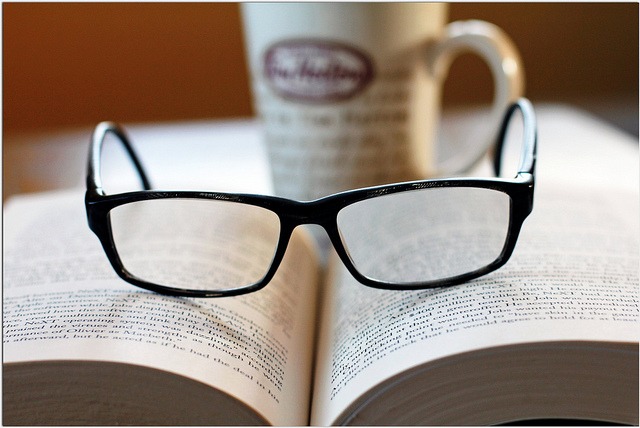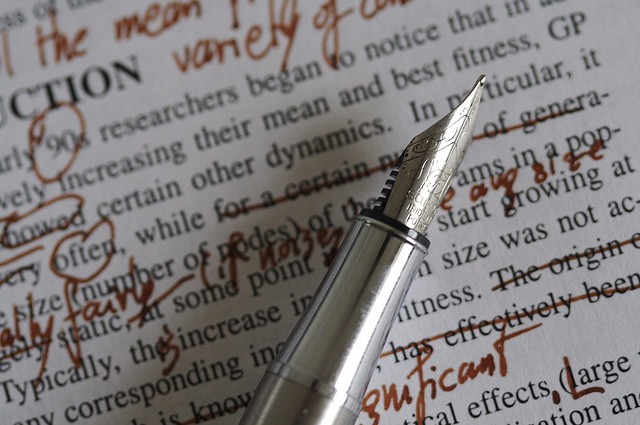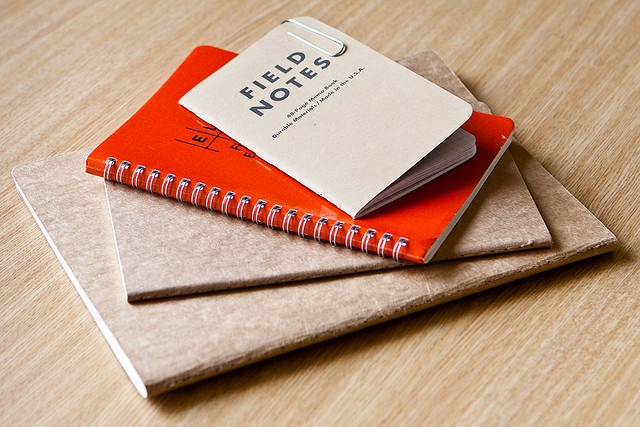When I write, I write alone.
This statement is true for most people who take on a creative pursuit such as being an author. In fact, solitude is often the key to finding ‘the flow’ or ‘the zone’ or whatever you like to call the wonderful state where words pour onto the page bringing ideas to life. But when the story reaches its conclusion, or creative flow eludes you, being alone can become simply, lonely. That loneliness can create a space where self-doubt grows, making it even harder to keep trying.

As a broadcast journalist I work collaboratively with fellow producers, hosts and editors to create stories. For news, or morning television, the rewards are delivered fast. I often get to see my creations delivered to a viewing audience the same day.
So after almost twenty years in an environment where bouncing around ideas has been a requirement of the job, embracing the solitude of creative writing has been both exhilarating and my biggest hurdle – until now.
Earlier this year I was thrilled to have both a fiction and non-fiction work selected for the Writer’s Edit print anthology Kindling. I’d worked hard on both submissions, including a number of self-edits, and yet I was surprised to discover a significant increase in my heart rate as I hit send on the finished drafts. As a journalist, my writing has always faced regular editing and scrutiny, but this was different. These weren’t news stories in which I was recounting the facts. Especially in the case of my fiction piece, these were my characters and my ideas and I’d deliberately sent them out to be judged.

The first time an email popped up with the subject line ‘Kindling Edit’ I felt all the moisture disappear from my mouth. I opened the attachment, took a deep breath and began to read. Before long I was able to swallow again. There were questions, corrections and suggestions – including changes to some parts of the stories I’d loved almost as much as my children – but it suddenly dawned on me that this was what I’d been missing. I wasn’t writing alone anymore, I was working with an editor.
Hearing someone’s thoughts and opinions about my work, helped me see my writing in a new light. There’s always the risk when working as a journalist of getting too close to a story. The people, good or bad, and the drama can come to affect you so deeply that objectivity becomes difficult. You begin writing from the heart rather than your head, so removing yourself enough to know what to cut can be near impossible.
In the case of fiction, it is rare when an author is not emotionally involved. We create characters from our imaginations, giving them life, hopes, dreams and obstacles to overcome. So similarly, when it comes time to edit, one of the hardest things to do is ‘kill our darlings’ – as it should be!
Editors can be objective. Whether we are talking about journalism or fiction, they are not emotionally invested like the author. Their job is to take a clinical look at the piece. They are experienced wordsmiths who can examine word placement, flow, character, plot, structure and the basics of spelling and grammar in order to give constructive feedback.

Having at times been both editor and writer I have learnt a very important lesson; editing is essential, regardless of the form of writing and it is something we need to learn to embrace. There are horror stories about bad editors who do more harm than good, so as an author it is always your job to maintain the integrity of a story or article. However, also remember good editors have just one goal in mind – to make your writing the very best it can be.
The key is not to take feedback to personally, something often easier said than done. Not all editors are gentle and sometimes they point out things you don’t want to hear, but all feedback will teach you something. As a journalist, I work with facts. How well I tell a story using those facts is the only variable. No one questions the validity of the ideas or people because they are real so being edited feels less personal. Fiction writing is different. If people don’t like your characters, and not everyone will, they do take aim and it can hurt, just as if someone were to attack a friend or relative. The same can happen with plot or a fictional world you have created. However, the reality is that it’s impossible to please everyone all the time and that can be a bitter pill to swallow.
Australian author, Kate Forsyth summed it up well when I interviewed her for my Kindling article Aspiring to Author. She explained:
I had black moments of despair, when I thought I would never be able to break through into the life I wanted, but I always got up and kept on trying. I think it is that indomitable spirit which is actually the secret … people give up too easily.’
While it can be confronting to open yourself up for criticism, editors also help give you confidence in your creation by making sure the story essentials are all clear and in place. So if you’re lonely or struggling, find an editor and don’t give up.
Things to remember:
- See feedback as an opportunity to improve
- Don’t be precious or defensive – if you really don’t agree, don’t make the changes
- Keep an open mind
- Enjoy the process of sharing your work
- Be brave
Finishing a writing project, big or small, is an achievement that should not be understated. Many writers work around day jobs, family and dozens of other life obstacles. So keep writing and embrace editing, you never know where you might end up.
***
You can find advice on how to edit your own writing here, and go behind the editing scenes with our article 10 Questions with the Editor here.